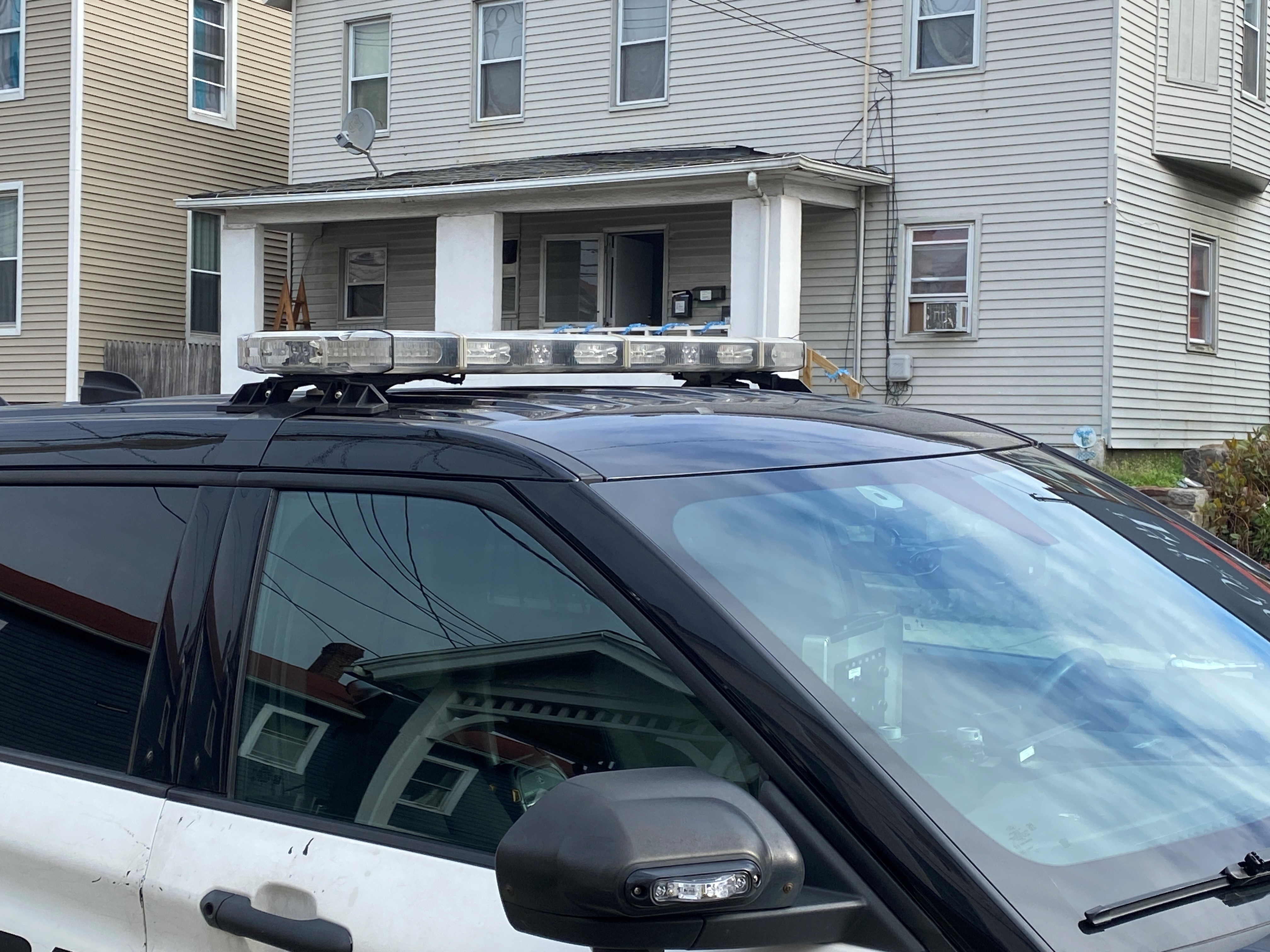While Connecticut restaurateurs welcomed the end to COVID-related capacity limits inside their establishments on Friday, an industry trade group is cautioning that it’s just a first step toward getting back to business as usual.
Scott Dolch, executive director of the Connecticut Restaurant Association, said most restaurant owners he has spoken to expect to be open at 65% or possibly 70% capacity and not 100% because of social distancing rules. Also, just because Gov. Ned Lamont ended capacity limits, Dolch said, doesn’t mean all restaurants will be flooded with customers despite an increase in reservations since the governor’s plan was announced on March 4.
“We’re definitely nowhere near out of the woods yet,” said Dolch, noting how he’s worried about some restaurants located in cities where office workers have not yet returned and establishments that rely on conferences that aren’t being booked.
“But I also have to be the optimistic, hopeful one for this industry, because I know how tough it’s been,” he said. “And I have to say to folks, ‘Hey, today is a really good day because there’s other states around us that haven’t done this.’”
Get Connecticut local news, weather forecasts and entertainment stories to your inbox. Sign up for NBC Connecticut newsletters.
Besides restaurants, capacity limits were lifted at non-theater indoor recreation centers, libraries, museums, aquariums, gyms and fitness centers, retail shops, offices, personal services establishments and houses of worship. Mask-wearing, distancing and cleaning protocols will still be required.
Also, movie theaters and performing arts venues will only be allowed to open at 50% capacity. Restaurant seating will be limited to eight people per table and hours of operation capped at 11 p.m. Bars, meanwhile, will remain shuttered.
To date, more than 600 restaurants and caterers have permanently closed during the pandemic while about 300 have temporarily closed. Dolch said some of those businesses are beginning to reopen their doors with the latest changes and what he says has been growing confidence among customers with the safety precautions being taken couple with greater numbers of vaccinations.
Local
Dolch said proposed legislation that would extend Lamont’s executive order allowing expanded outdoor dining could encourage more restaurants to reopen or expand their dining capacity. It’s currently set to expire April 20. A bipartisan bill that, among other things, would allow public sidewalks, parking lots and grassy areas to be used for outdoor food and beverage service, was being considered Friday by the Planning and Development Committee.
<div><br class="Apple-interchange-newline">https://apnews.com/article/connecticut-ned-lamont-coronavirus-pandemic-restaurants-9e5c21e91525593ca291879c1542baf1</div>Click to copyRELATED TOPICS
Restaurants embrace end to capacity limit, challenges remain
By SUSAN HAIGHan hour ago

1 of 2Diners eat lunch at Max's Oyster Bar in West Hartford, Conn., Friday, March 19, 2021. Beginning Friday, limits have been lifted at Connecticut restaurants, non-theater indoor recreation centers, libraries, museums, aquariums, gyms and fitness centers, retail shops, offices, personal services establishments and houses of worship. Mask-wearing, distancing and cleaning protocols will still be required. (AP Photo/Jessica Hill)
While Connecticut restaurateurs welcomed the end to COVID-related capacity limits inside their establishments on Friday, an industry trade group is cautioning that it’s just a first step toward getting back to business as usual.
Scott Dolch, executive director of the Connecticut Restaurant Association, said most restaurant owners he has spoken to expect to be open at 65% or possibly 70% capacity and not 100% because of social distancing rules. Also, just because Gov. Ned Lamont ended capacity limits, Dolch said, doesn’t mean all restaurants will be flooded with customers despite an increase in reservations since the governor’s plan was announced on March 4.ADVERTISEMENThttps://23e69fad62ca43a4a8e7f9a9e7c60638.safeframe.googlesyndication.com/safeframe/1-0-37/html/container.html
“We’re definitely nowhere near out of the woods yet,” said Dolch, noting how he’s worried about some restaurants located in cities where office workers have not yet returned and establishments that rely on conferences that aren’t being booked.
“But I also have to be the optimistic, hopeful one for this industry, because I know how tough it’s been,” he said. “And I have to say to folks, ‘Hey, today is a really good day because there’s other states around us that haven’t done this.’”
Besides restaurants, capacity limits were lifted at non-theater indoor recreation centers, libraries, museums, aquariums, gyms and fitness centers, retail shops, offices, personal services establishments and houses of worship. Mask-wearing, distancing and cleaning protocols will still be required.
Also, movie theaters and performing arts venues will only be allowed to open at 50% capacity. Restaurant seating will be limited to eight people per table and hours of operation capped at 11 p.m. Bars, meanwhile, will remain shuttered.
To date, more than 600 restaurants and caterers have permanently closed during the pandemic while about 300 have temporarily closed. Dolch said some of those businesses are beginning to reopen their doors with the latest changes and what he says has been growing confidence among customers with the safety precautions being taken couple with greater numbers of vaccinations.
Dolch said proposed legislation that would extend Lamont’s executive order allowing expanded outdoor dining could encourage more restaurants to reopen or expand their dining capacity. It’s currently set to expire April 20. A bipartisan bill that, among other things, would allow public sidewalks, parking lots and grassy areas to be used for outdoor food and beverage service, was being considered Friday by the Planning and Development Committee.ADVERTISEMENThttps://23e69fad62ca43a4a8e7f9a9e7c60638.safeframe.googlesyndication.com/safeframe/1-0-37/html/container.html
“In normal times, you’d have to go through a lot of red tape to get that approved,” said Dolch, referring to permitting for expanded outdoor dining. “The governor’s emergency orders expire and if they’re not extended, April 21st, without this bill, they wouldn’t be able to go out and use that parking lot or use that grass area.”
Rep. Dave Rutigliano, R-Trumbull, a restaurant owner, urged his fellow lawmakers in written testimony to support the legislation, noting that Lamont’s order easing the outdoor dining restrictions was a great success for the restaurants and their patrons.
“Families were ecstatic to welcome back this long overdue pastime and once again have a chance to eat out safely,” he wrote. “We owe it to our restaurants and our communities to do everything in our power to help us recover from this shutdown.”



